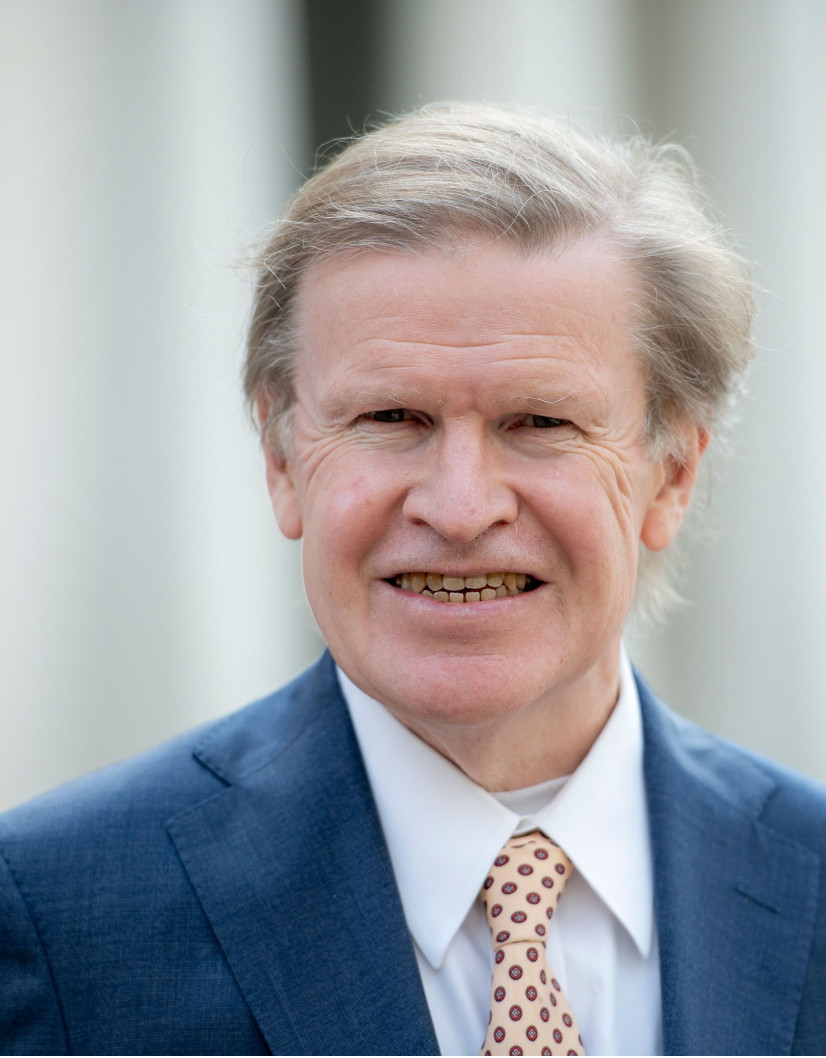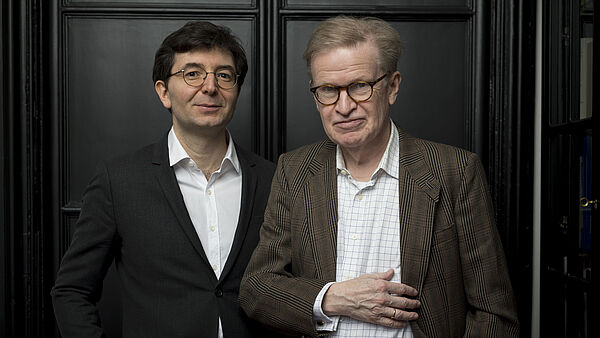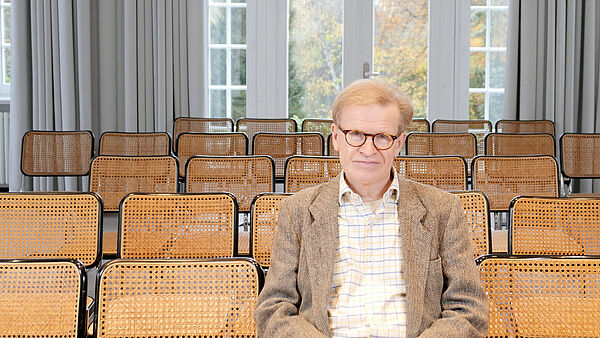
Harold James, PhD, Dr. h.c.
Professor of History and International Affairs
Princeton University
Born in 1956 in Bedford, United Kingdom
Studied History at Cambridge University
Project
The History of Modern Finance
Finance plays a key role in the story of the history of capitalism because financial institutions involve a degree of organization that serves to camouflage or obscure the market process. The extent of financialization can be measured; but often the growth in the scale of financial institutions means a camouflaging or even suppression of basic market signals. Banks, which are at the center of finance capitalism, have consequently puzzled many observers. They are conceptually a black box, in which the outsider – the depositor – does not really know much about how his money is being used; consequently, banks are subject to panics and runs as some depositors change their opinion and come to believe that their funds may not be safe and as other depositors realize that the fact of a run means that not all liabilities can be paid and that it is advantageous to be first in line to make a withdrawal. Modern banks have increased their complexity and hence their intransparency. In the recent financial crisis, observers were astonished to find that in a panic, price signals no longer operated to clear markets and that it was impossible to determine the worth of complex derivative products. This study will emphasize the way capitalism – especially financial capitalism – depends on often intransparent clusters and networks. These develop in particular locations – capitalist hubs – but depend on technologies that extend their influence widely, even globally. The study showcases particular examples of key figures in social and financial networks, emphasizing linkages between finance and other activities, including artistic patronage and politics. How do the practitioners of an activity that depends on undisclosed and non-public information convince others of their competence and probity: through political activity, artistic or religious practice, or even skill at nonfinancial strategic games, from chess to bridge to Tai Chi?Recommended Reading
James, Harold. The German Slump: Politics and Economics 1924–1936. Oxford: Clarendon Press, 1986.
—. The End of Globalization: Lessons from the Great Depression. Cambridge, MA: Harvard University Press, 2001.
—. Seven Crashes: The Economic Crises That Shaped Globalization. New Haven, CT: Yale University Press, 2023.
Colloquium, 19.03.2024
How Do We Understand the Intertwining of Globalization and Financialization?
My major project over this year is to think about the emergence and context of modern finance and how it became globalized over the past 500 years. Finance capital plays an increasingly important part in some phases of the capitalist narrative. Almost every analysis of capitalism from Smith and Marx onwards includes a notion of stages. In the iconic (and now obviously dated) formulation of Fernand Braudel, four cycles with a geographic hegemonic core are identified (Genoa, Amsterdam, London, New York), with a progressive process of transformation from real to financial assets in each cycle. Many people over the past twenty years have tried to identify a new phase, in which the financial center of the world shifts eastwards to Asia, and specifically China, with Shanghai stepping into the shoes of a decaying New York. It is striking that the last two of the Braudel cases, but not the first two, coincide with the story of “the rise and fall of the great powers” as told by Paul Kennedy, in which Spain anticipates British and then American hegemony. The Italian city states and the Dutch Republic needed to operate a complex and universal and intensely rule-based financial system without being able to impose a global security order.
I am then going to present a particular case of how and in what circumstances one of the transitions occurred: the replacement of London by New York as a financial center in the twentieth century. I will try to demonstrate through that case how it is the legal and security/military power as much as economic strength that sets the terms of the transition. I shall start by the elaboration of a paradox or dilemma, identified by the originally Belgian economist Robert Triffin, for the position of the financial hegemon. In the late 1950s, as the transition to a dollar-based system was being consolidated, Triffin prophesied that this system created a vulnerability: either the hegemon would create too many liabilities, and risk the equivalent of a bank run when other countries dump its assets; or not enough liabilities, in which case there is a worldwide deflationary spiral, such as occurred in the interwar period, in which other countries will then be pushed to manufacture their own assets and liabilities. I trace in particular the evolution of a prophetic and poignant forerunner of the Triffin analysis in the late 1920s. One issue I hope will emerge: that the decisions about hegemonic power, and views of the beneficence or otherwise of the hegemon, are not made only in the center.
Publications from the Fellow Library
James, Harold (Freiburg, 2024)
Der Krieg der Worte : 16 Schlüsselbegriffe im Kampf um die Weltordnung War of the words
James, Harold (New Haven, 2023)
Seven crashes : the economic crises that shaped globalization Seven crashes
James, Harold ([Deutschland], 2022)
Schockmomente : eine Weltgeschichte von Inflation und Globalisierung 1850 bis heute
James, Harold (Cambridge, 2020)
Seven transformative crises from European revolution to corona : globalization and state capacity
James, Harold (München, 2014)
Swiss Re und die Welt der Risikomärkte : eine Geschichte
James, Harold (Oxford, 2011)
International order after the financial crisis
James, Harold (München, 2011)
Krupp : deutsche Legende und globales Unternehmen Krupp
James, Harold (Cambridge, Mass. [u.a.], 2006)
Family capitalism : Wendels, Haniels, Falcks, and the continental European model
James, Harold (Cambridge [u.a.], 2004)
The Nazi dictatorship and the Deutsche Bank
James, Harold (Aldershot, Hants, UK, 2002)
Enterprise in the period of fascism in Europe Studies in banking history
Lectures & Keynotes 04/29/24

